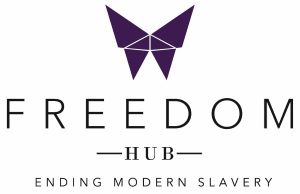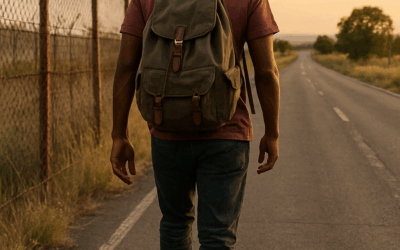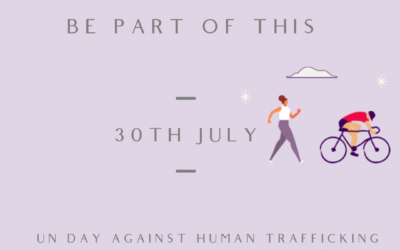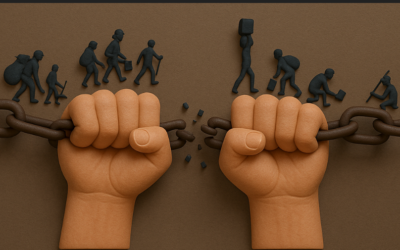Attending the NSW Forced Marriage Network meeting at the Australian Red Cross offices on September 4, Emma (Principle of the Survivor School) and social workers Damaris, Vanessa and Rebecca, share the work done to prevent and stop this terrible crime.
About the Network
The NSW Forced Marriage Network incorporates government, non-government organisations, and civil society. It provides an opportunity for key stakeholders to share knowledge and collaborate to prevent forced marriage. Therefore protecting those who are at risk of forced marriage. The topic of this meeting was Education. The speakers on the panel included two teachers, a school counsellor and a representative from the Australian Federal Police.
The Speakers
The Head Teacher of Refugee Support at a high school with a very high percentage of refugees provided insights into working with students and their families in dealing with the issue of forced marriage. She explained that their school utilises the UNICEF STARS Model. This stands for Safety, Trust, Attachment, Responsibility and Skills. Duty of care considerations and mandatory reporting requirements were highlighted. These are important in ensuring child safety and school attendance. With this was monitored closely, they can be warning sign for forced marriage situations. The need for a team approach was described. This would comprise of youth work, welfare, transition and academic staff. Ensuring confidentiality so that students feel safe in disclosing information was discussed. This should be a high priority, because students often fear talking about their situation. A project called the Unity Project was mentioned involving engaging mothers in their child’s education. This has had positive results in facilitating open discussions.
Other speakers also emphasised the need for a collaborative approach. This can involve engagement with the Red Cross’s Support for Trafficked People Program, in assisting victims with security. The importance of maintaining confidentially, building trust and connection between professionals and the young person was also conveyed to be crucial in maintaining their safety. While prosecuting offenders is a means of deterrence, it is important that students feel they can get support without fear of causing criminal charges for family members. With cultural sensitivity being imperative, having ethnic members on the team was noted to be highly valuable. The need for support for staff including debriefing was also stressed as these are highly intense situations and require a great deal of mental and emotional energy to work through.
The Education System
The speakers conveyed that a holistic, collaborative responsive to forced marriage within the Education system involves prevention, such as through educating the community and comprehensive support for students at risk of forced marriage situations. The need for education on human Rights, and for this to be part of the core curriculum for all students was another key message.’
The Freedom Hub Survivor School offers long term wrap around support for girls at risk of forced marriage.
If you want to support survivors of modern slavery and human trafficking in Australia rebuild their life? Contact us at [email protected].




